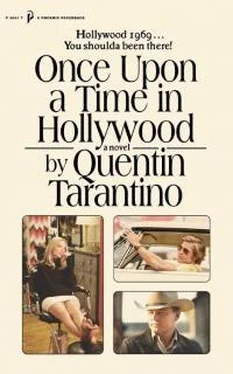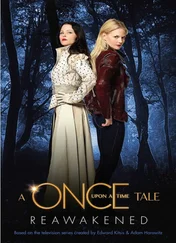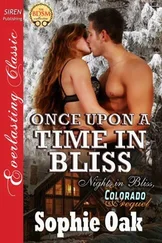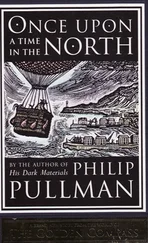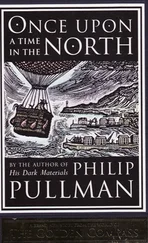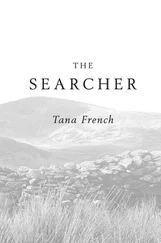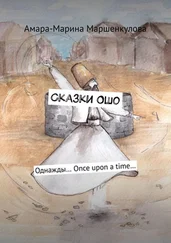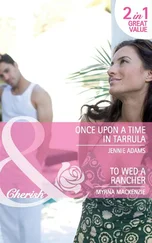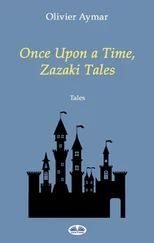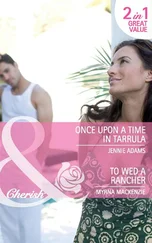Watching her read her book, he asks her sarcastically, “What’s so interesting?”
She looks up from the book, not getting the sarcasm, “Huh?”
“What are you reading?” he asks again, minus the sarcasm.
The serious little girl does a serious spike in girlish enthusiasm, as she excitedly bubbles, “It’s a biography on Walt Disney! It’s fascinating,” she reviews. Then she opines to her fellow actor, “He’s a genius, you know. I mean a once in every fifty or hundred years kinda genius.”
Finally Rick asks the question he’s dying to know: “What are you, twelve?”
She shakes her head no. She’s used to adults making that mistake, and she likes it when they do. “I’m eight.” She hands the big black book about Walt Disney over to Rick for him to examine. He looks down at the book and thumbs through the pages, asking her, “You understand all these words?”
“Not all of them,” she admits. “But half the time the context of the sentence gives you a pretty good idea of the meaning. And the words I really, really can’t figure out, I make a list of and ask my mom.”
Impressed, as he hands the book back to the little girl he says, “Not too shabby, eight years old—your own series.”
As she retrieves the book to her lap, she qualifies his compliment: “ Lancer ’s hardly my series. It’s Jim, Wayne, and Andy’s series. I’m just the ‘little tyke’ series regular.” Then, pointing her tiny index finger at the actor, she tells him, “But just you wait, one of these days I’m gonna get a series of my own. And when I do,” she warns, “watch out.”
T his little girl is un-fucking-believable , Rick thinks. In his career he’s met and worked with a lot of unbelievable child actors. But before Lillie Langtry here, the most unbelievable one he ever saw was an eleven-year-old boy, whose name he sure as shit don’t remember but who he’ll never forget. The year before he landed Bounty Law , he was cast in a series pilot that never was picked up; it was called Big Sky Country . And it starred boring fifties’ leading man Frank Lovejoy. It was the story of a widowed town sheriff (Frank Lovejoy) and his family. Rick played the oldest son, and there was an eleven-year-old brother and a nine-year-old sister. The show was passed on by the network, but it was produced by the television production company Four Star Productions and was screened once for the makers at their screening room. At the screening, which Rick attended, he bumped into the eleven-year-old little boy who played his younger sibling, in the men’s room at Four Star. Rick headed for the urinal as the little boy finished washing his hands in the sink. If the series had been picked up, and if it had been successful, these two would have worked together for the next five years or longer. Rick would’ve watched this little boy turn into a teenager and maybe a man before his eyes. The young lad would become like either a real brother to him or just an annoying younger colleague, or maybe both. Because of this association, they coulda been linked together for the rest of their lives. Or, like what happened, the show doesn’t get picked up, and this is the last time in their lives they’ll ever see each other. As Rick removed his pecker from his pants and pointed it at the urinal wall, he asked over his shoulder how his young co-star was doing. The little actor told him, as he harshly wiped the wetness from his hands with a paper towel, “Well, I’ll tell you one thing. I’m getting rid of my fuckin’ agent, that’s for goddamn sure!”
As Rick remembers that kid, this kid asks him, “What are you reading?” referring to the paperback western in his hand.
He shrugs his shoulders and tells her, “It’s just a western.”
“What does that mean?” she asks, not understanding the initial dismissal. “Is it any good?” she inquires.
He answers, far less enthusiastic about his book than she is with hers, “Yeah, it’s pretty good.”
She wants more. “What’s the story?”
“I ain’t finished it yet,” he answers.
Jeez , she thinks, this guy is so literal.
“I didn’t ask for the whole story,” she emphasizes. Trying another avenue of investigation: “What’s the premise of the story?”
The book is called Ride a Wild Bronc , and it’s written by Marvin H. Albert , who wrote a pretty good book about the Apache Wars that Rick liked, called Apache Rising , which was turned into a pretty mediocre movie with James Garner and Sidney Poitier, titled Duel at Diablo . So Rick thinks about the story of this new book for a moment, gets the facts in the right order, and then proceeds to relate them to the young girl.
“Well, it’s about this guy who was a bronco buster. And it’s the story of his life. Guy’s name is Tom Breezy. But everybody just calls him ‘Easy Breezy.’
“So when Easy Breezy was in his twenties and young and good lookin’, he could break any horse you could throw at ’em. Back then, well … uh, he just had a way. You know what I mean?”
“Yeah,” she answers. “He had a gift for breaking horses.”
“Yeah, that’s right,” he tells her. “He had a gift. So, anyway, he gets into his late thirties, and he takes a bad fall. … Now he ain’t crippled or anything like that, but his lower section ain’t ever the same. Now he’s got spine problems he never had before. Now he spends more of his days in pain than he ever did before—”
“Jeepers,” she interjects, “this sounds like a good novel.”
He sorta concurs. “It ain’t bad.”
“Where are you in it?” she asks.
“About midway,” he answers.
She asks, “What’s happening to Easy Breezy now?”
Rick has been reading pulp western paperbacks since he was twelve years old. And ever since he became an actor, it’s what he does in between takes and in his trailer waiting for the 2nd AD to summon him to set. He’ll mix it up a little with a detective story or a mystery or World War Two adventure, but the pulps he keeps returning to are the westerns. Even though he likes them, he doesn’t really remember them. He remembers the names of the authors he likes—the aforementioned Albert, Elmore Leonard, T. V. Olsen, Ralph Hayes—but not the book titles. Considering how generic those titles were— The Texan , Gringo , The Outlaw , Ambush , Two Guns for Texas —that’s perfectly understandable. But all the years sitting around on sets reading westerns, while somebody may have asked him what he was reading, nobody ever asked him to recite the story. Though Rick never really thought about it before, he kinda now realizes that reading western paperbacks is one of the most solitary activities that he partakes in. So being asked to explain to somebody what’s happening now in the book he’s reading is not something he’s used to articulating.
But for her sake, he tries his best.
“Well, he’s not the best anymore.” Clarifying, “In fact, far from it. And he’s coming to terms with …” Rick thinks what’s the right word to describe Easy Breezy’s conundrum. “What it’s like to become … uh … slightly more … uh—” He opens his mouth to say the word “useless,” but the only thing that comes out of his mouth is a loud sob .
The sob catches Rick by surprise and gets Mirabella’s attention. He opens his mouth and tries again to say “useless,” but the word sticks in his throat. On his third attempt, he croaks out, “Useless—each day,” followed by a stream of tears that leak out of his eyes and run down his hairy face, folding him up like a jackknife.
Читать дальше
